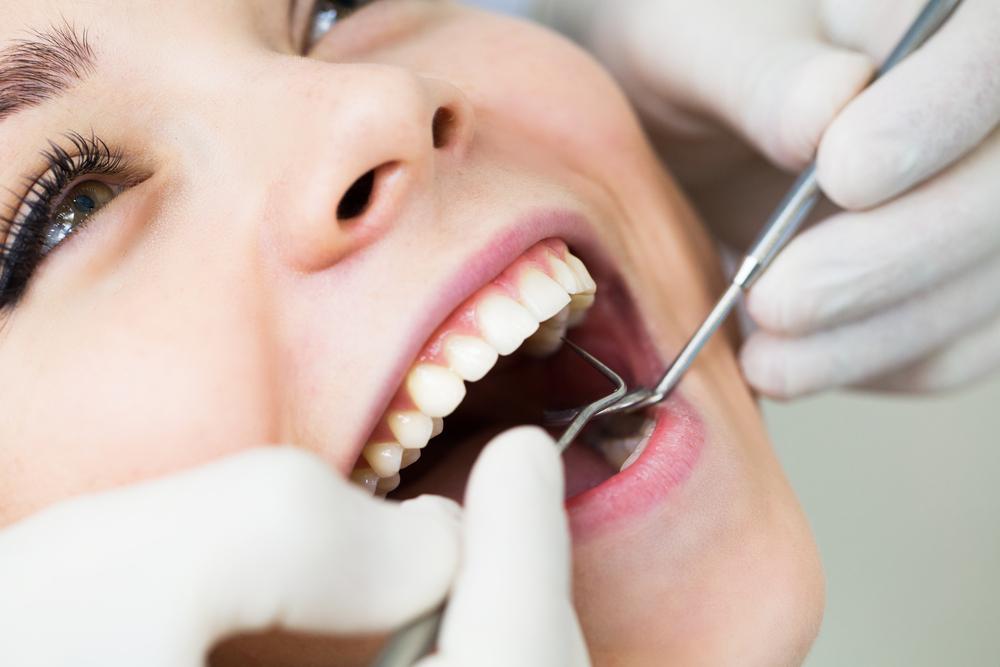Orthodontists and Dentists – What’s the Difference?
Have you ever wondered exactly what the differences are between an orthodontist and a dentist? We grow up seeing the dentist twice a year, and then orthodontist appointments start cropping up. If you have a toothache or require a filling, you will automatically contact your dentist for an appointment. This may be via the NHS or at a private dentist. However, would you know when an orthodontist appointment was required?
It is easy to mix the two professionals as they both deal with dental care, but there are differences that we will go into here.
Dentists
Most of us see our dentist either every six or every twelve months for a regular check-up. The primary duties of a qualified dentist are:
- Assess teeth
- Fill cavities
- Extract teeth
- Take x-rays
- Diagnose gum disease
- Repair teeth
- Teeth whitening
A dental check-up involves checking the teeth for breaks, decay and cavities, and checking the gums. They can advise you on oral hygiene and issue prescriptions.
Training to become a dentist involves a minimum of five years at university to achieve a Bachelor’s degree in dental surgery care. This must be followed by at least a year’s supervised dental practice. The studying covers oral diseases, human anatomy and they also go through practical training. They then must register with the General Dental Council once they have passed.
Orthodontists
Orthodontists are dental experts who have completed three more years of training once the dentist’s training is complete. This is done on an orthodontic training program and leads to a MOrth exam (Membership in Orthodontics). Many orthodontics go on to a higher degree, such as a masters. An orthodontist can work as a specialist in various settings. This includes private practices, hospitals, orthodontic clinics and the community.
An orthodontist specialises in improving the positioning and health of the mouth and jaws and the movement of teeth. The treatments they provide include:
- Teeth straighten and aligning – often with retainers or braces
- Correction of bite
- Diagnosis of mouth, jaw, and teeth abnormalities
- Determine the best correction treatment
- Maintaining records for all patients.
For information on our Orthodontists in Windsor service, contact us at 01344 842953



